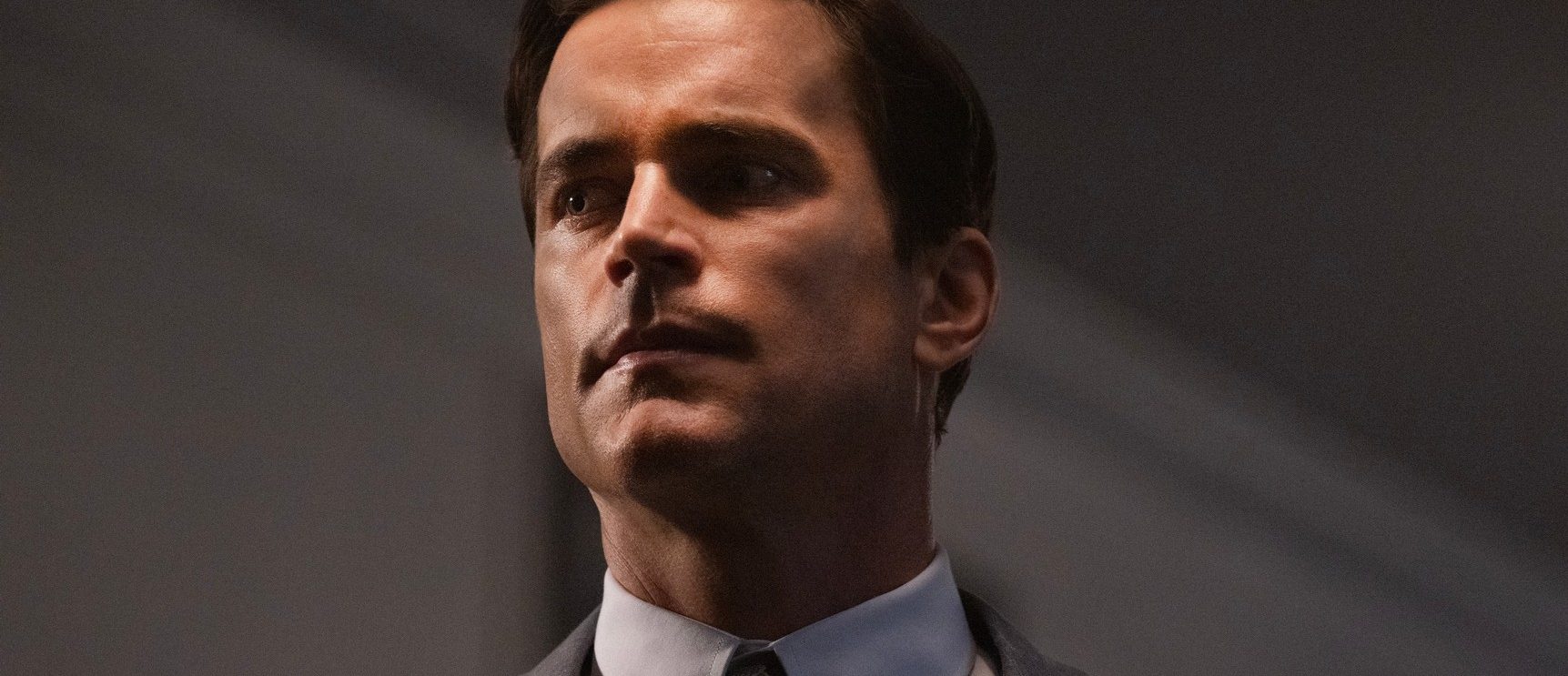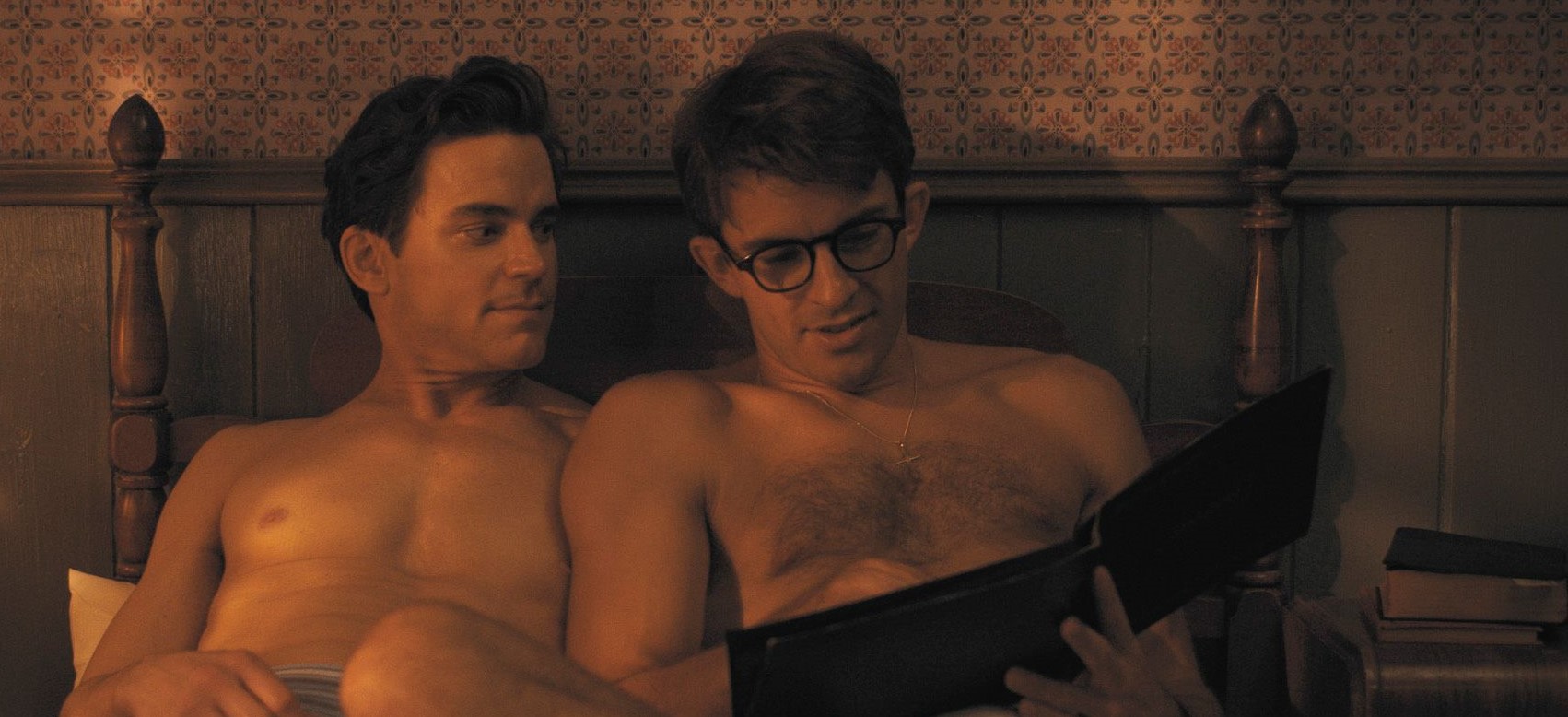In Showtime’s historical series ‘Fellow Travelers,’ Hawkins “Hawk” Fuller is a State Department employee who cherishes casual flings with men without coming out as gay. When his path crosses with a young graduate named Tim Laughlin, Hawk gets immersed in love. However, as a part of the federal bureaucracy, Hawk’s life and identity as a queer man gets threatened when Senator Joseph McCarthy and his chief counsel Roy Cohn unleash persecution of gay people in the department. Although McCarthy and Cohn are real-life figures, Hawk is not based on a real person. However, his connections with the history of the country are unignorable.
The Lavender Scare
The character Hawkins “Hawk” Fuller was conceived by writer Thomas Mallon for his eponymous novel, which serves as the source text of the series. Having said that, Hawk has significant roots in history, especially in the 1950s. First of all, Mallon admitted that although the character is fictional, Hawk contains “bits and pieces” of people he had known in his life. But Hawk’s connections to reality are more significant than these minor parallels. As a State Department employee, Hawk’s life is not drastically different from the lives of gay men lived during the Lavender Scare, a moral panic prominently instigated by Joseph McCarthy.

From the late 1940s to the end of the 1950s, several gay and lesbian employees in federal government services were dismissed from the same. They were alleged to be leaning towards Communist ideologies, which made them security risks in the eyes of the government. “The so-called ‘Red Scare’ has been the main focus of most historians of that period of time. A lesser-known element and one that harmed far more people was the witch-hunt McCarthy and others conducted against homosexuals,” former Senator Alan K. Simpson wrote about the same, as per Rodger McDaniel’s ‘Dying for Joe McCarthy’s Sins.’
During the period, gay and lesbian individuals were scared of getting persecuted by the government, just like Hawk in the series. He stays in the closet to avoid losing not only his job but also his value in the political and social circles of the time. While engaging in flings with men, Hawk tries his best to keep them away from his professional life to safeguard his position within the State Department. To understand the gravity of Hawk’s fears, it is pivotal to know that his department, in reality, fired 425 employees for allegations of homosexuality by 1953. Therefore, Hawk can be considered a representative of the queer federal employees who had to hide their sexual orientation in the 1950s.
Hawk Fuller: From Pages to Screen
While adapting Mallon’s novel for television, creator Ron Nyswaner made sure that Hawk Fuller is not just another gay character. “I find sometimes that gay characters are made too clean. They’re made too noble. I’m just tired of that. Hawkins Fuller certainly is a very complicated, sometimes unlikeable antihero,” he told EW. As far as Nyswaner is concerned, Hawk is someone who is in power. “[…] there’s something fascinating about watching someone who is in charge and you don’t like him, but you kind of enjoy it,” he added about the character.

Robbie Rogers, one of the executive producers of the series and a former soccer player, was able to see a dimension of his own life in Hawk. Rogers came out as gay in 2013 despite the risk of the same affecting his career. “If your secret was revealed, your life could be ruined. I slightly felt that way in my past career,” he recalled in the same EW interview. Hawk’s concerns in the show are more or less the same. Therefore, it may not be an exaggeration to say that a part of the character can be seen in closeted gay men who fear scrutiny and damage to their personal and professional lives.
According to a 2019 Glassdoor survey, nearly half of queer workers said that their careers could get hurt if they outrightly come out at work, which makes it clear that the prejudice against queer people in present times hasn’t changed immensely in comparison with the 1950s. Considering the same, Hawk’s life is closer to reality than fiction.


You must be logged in to post a comment.